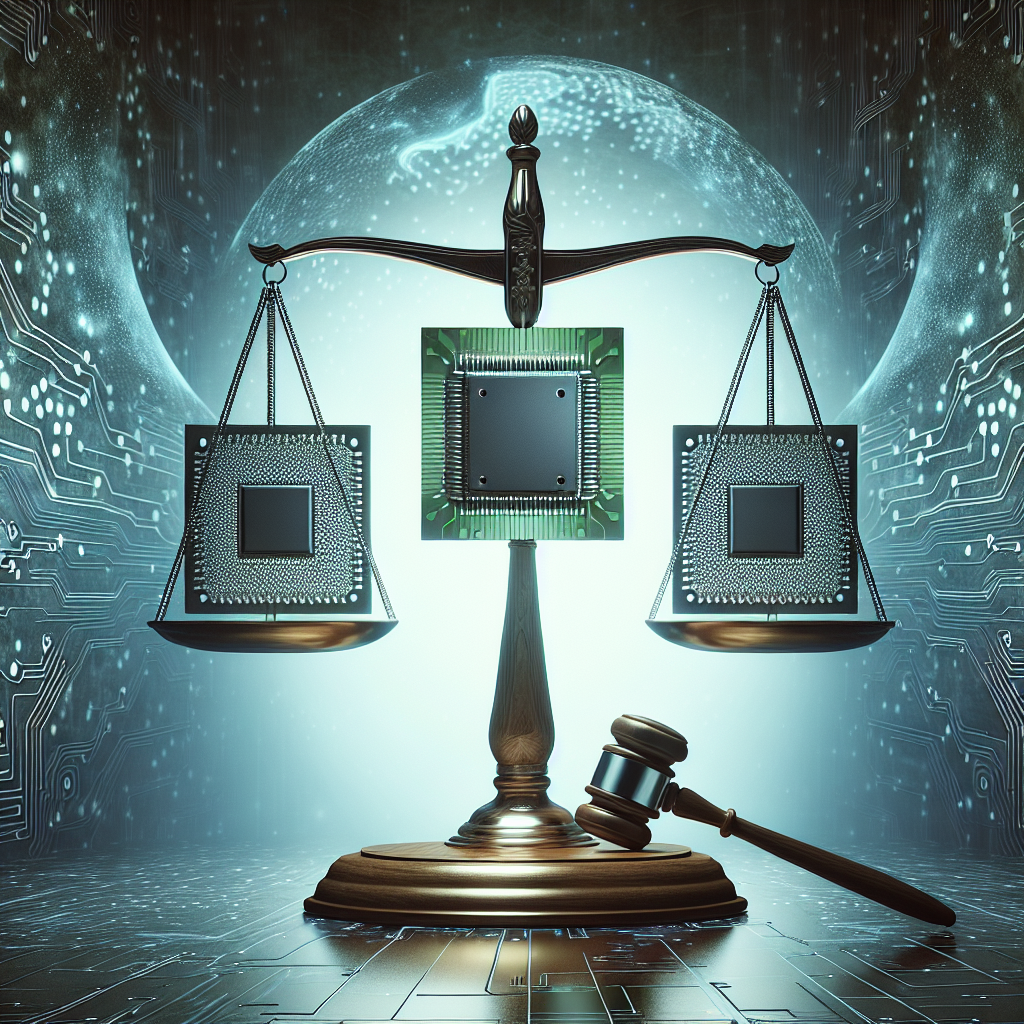Artificial Intelligence (AI) has become an increasingly prevalent tool in many industries, including the legal field. AI has the potential to greatly enhance the efficiency and accuracy of legal processes, but it also raises a number of ethical considerations that must be carefully considered. In this article, we will explore some of the key ethical issues surrounding the use of AI in the legal field and discuss how they can be addressed.
One of the primary ethical concerns surrounding the use of AI in the legal field is the potential for bias in AI algorithms. AI systems are only as good as the data they are trained on, and if that data is biased, the AI system will also be biased. This can have serious consequences in the legal field, where decisions can have a significant impact on people’s lives.
For example, if an AI system is used to predict the likelihood of a defendant reoffending, but the data used to train the system is biased against certain groups, the system could unfairly target those groups for harsher treatment. This raises serious concerns about fairness and justice in the legal system.
To address this issue, it is essential for legal professionals to carefully consider the data used to train AI systems and to actively work to identify and mitigate bias in those systems. This may involve regularly auditing AI algorithms for bias, as well as implementing processes to ensure that decisions made by AI systems are fair and transparent.
Another ethical consideration when using AI in the legal field is the potential impact on jobs. AI systems have the potential to automate many tasks that are currently performed by legal professionals, which could lead to job loss in the industry. This raises questions about how to balance the potential benefits of AI with the need to protect jobs and ensure that the legal profession remains accessible to all.
To address this issue, it is important for legal professionals to proactively work to upskill and reskill themselves to take on new roles that are created by AI, rather than being displaced by it. Additionally, policymakers may need to consider implementing measures to protect jobs in the legal field and ensure that the benefits of AI are shared equitably among all members of society.
Another ethical consideration when using AI in the legal field is the issue of accountability. AI systems can make decisions that have a significant impact on people’s lives, but it can be difficult to determine who is ultimately responsible for those decisions. This raises questions about how to ensure that AI systems are held accountable for their actions and how to address issues of transparency and accountability in the legal system.
To address this issue, legal professionals must work to ensure that AI systems are transparent and accountable for their decisions. This may involve implementing processes to track and audit the decisions made by AI systems, as well as developing mechanisms to hold those systems accountable for any errors or biases they may exhibit.
In conclusion, the use of AI in the legal field has the potential to greatly enhance the efficiency and accuracy of legal processes. However, it also raises a number of ethical considerations that must be carefully considered. By actively working to address issues of bias, job displacement, and accountability, legal professionals can ensure that AI is used ethically and responsibly in the legal field.
FAQs:
Q: Can AI completely replace human lawyers in the legal field?
A: While AI has the potential to automate many tasks currently performed by legal professionals, it is unlikely that AI will completely replace human lawyers in the legal field. Human lawyers bring a level of empathy, creativity, and critical thinking that AI systems currently lack, making them essential for many legal tasks.
Q: How can legal professionals ensure that AI systems are free from bias?
A: Legal professionals can ensure that AI systems are free from bias by carefully selecting and auditing the data used to train those systems, as well as implementing processes to identify and mitigate bias in AI algorithms. This may involve regularly auditing AI algorithms for bias and implementing processes to ensure that decisions made by AI systems are fair and transparent.
Q: How can legal professionals protect jobs in the legal field from automation by AI?
A: Legal professionals can protect jobs in the legal field from automation by upskilling and reskilling themselves to take on new roles created by AI, rather than being displaced by it. Additionally, policymakers may need to consider implementing measures to protect jobs in the legal field and ensure that the benefits of AI are shared equitably among all members of society.

